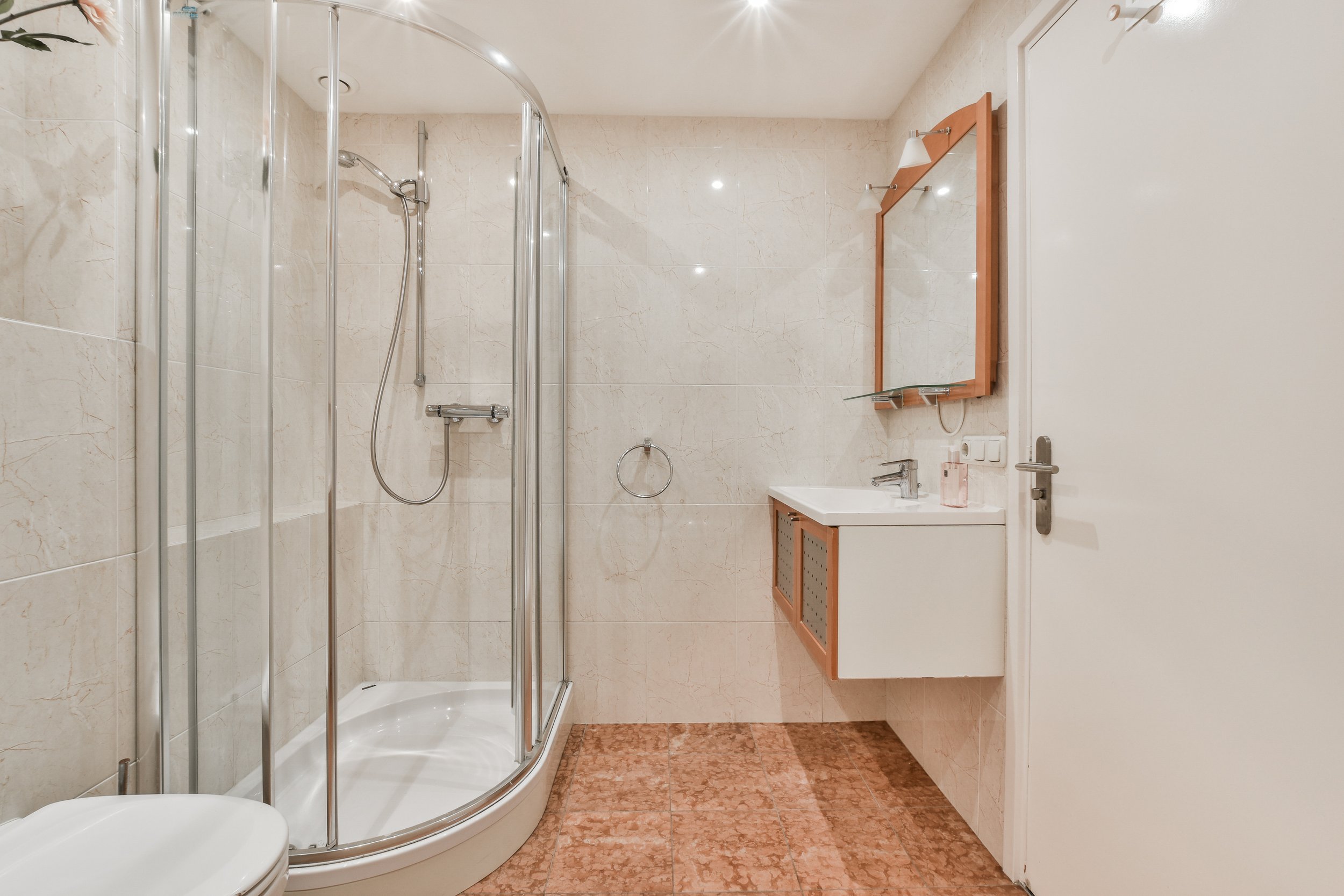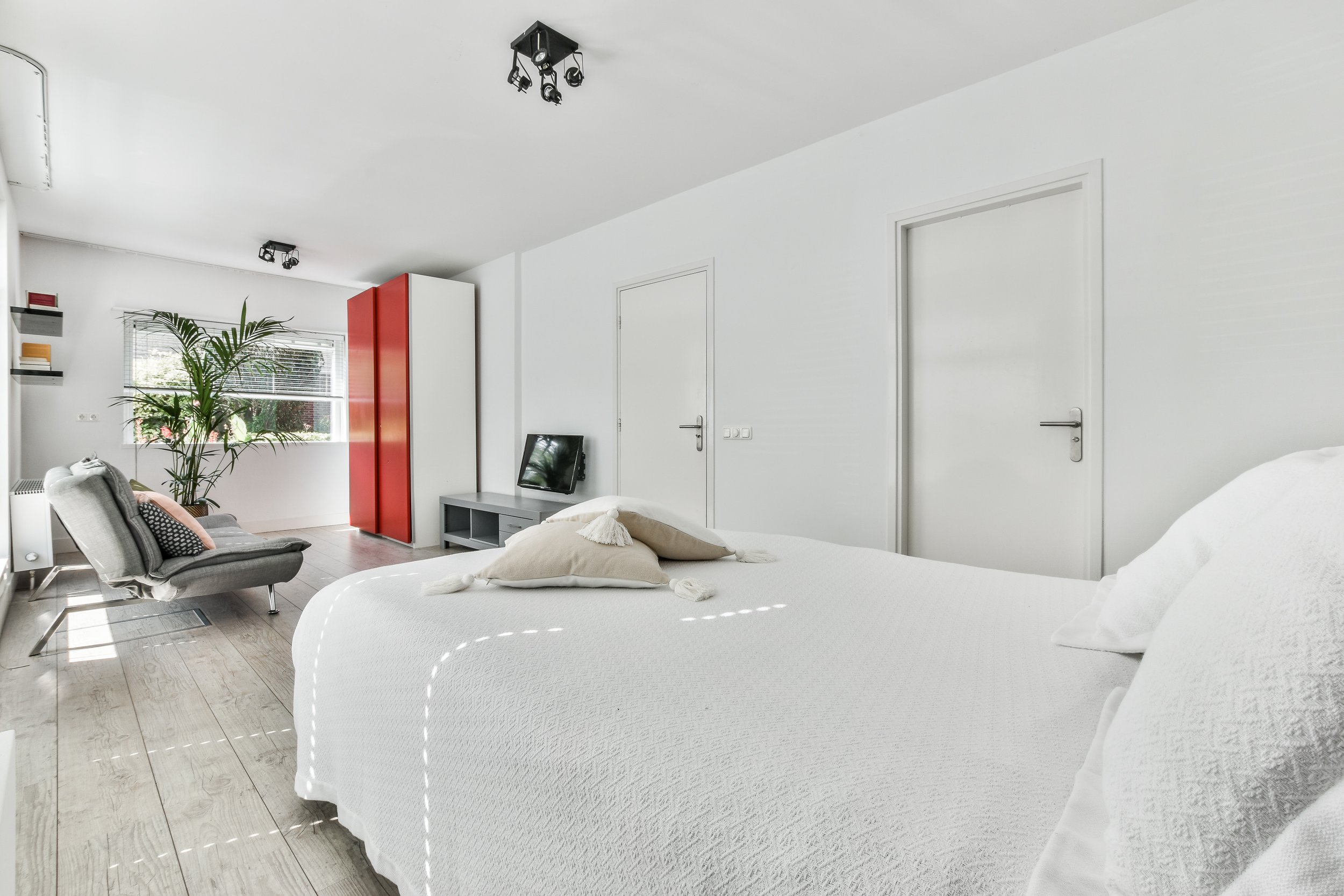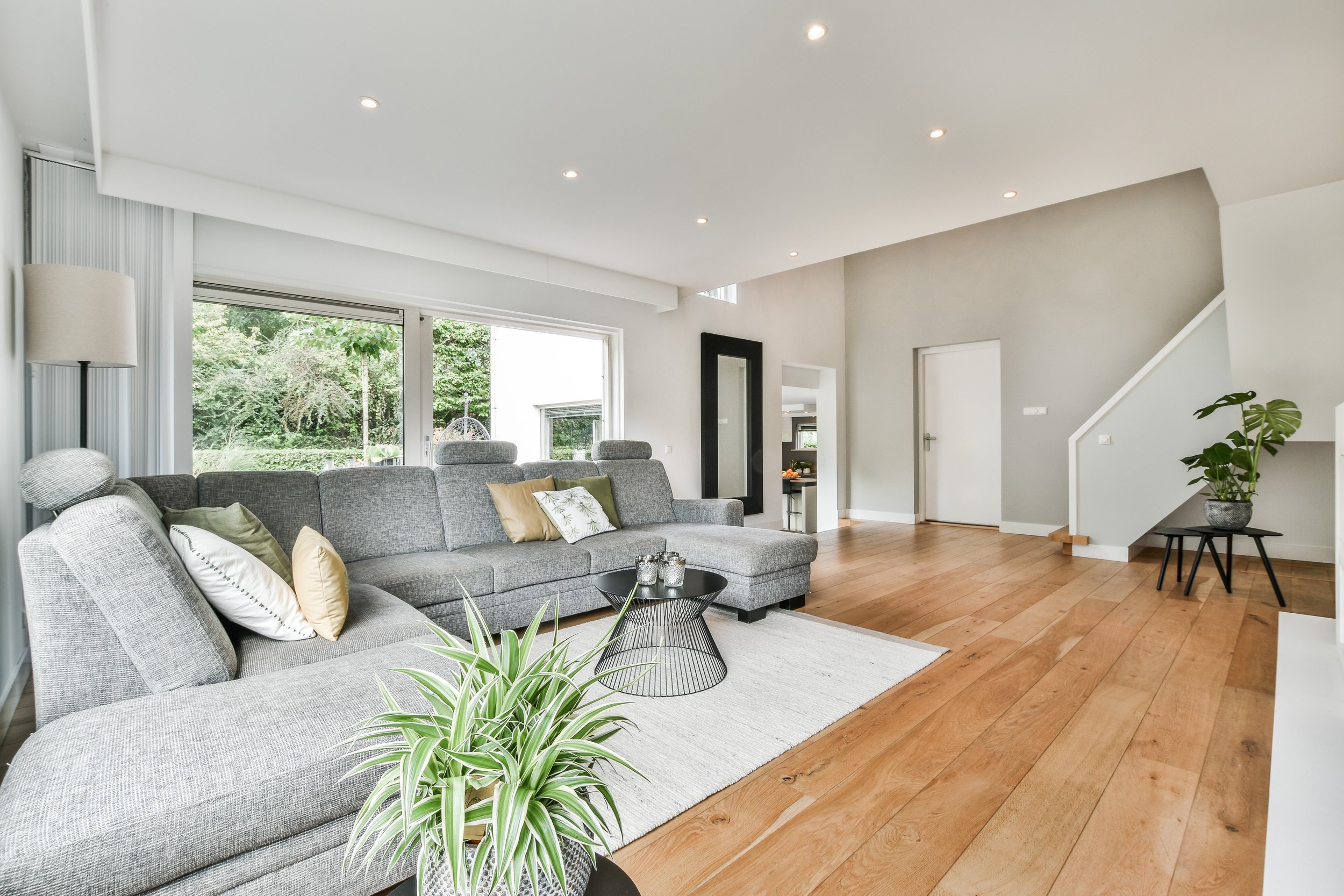
What Is The Most Expensive Part Of Finishing A Basement In Buckhead?
Homeowners in Buckhead often start a basement project with a number in mind, then watch that number move as the plan meets the house. The truth is simple: the most expensive part of finishing a basement is almost always the mechanicals and infrastructure that bring the space up to safe, livable standards. In Buckhead, where homes range from historic estates to newer infill builds, that usually means structural work, waterproofing, and full mechanical upgrades before the first piece of drywall goes up.
This overview lays out where the real money goes, how Atlanta-specific conditions affect cost, and how to make smart choices that stretch value without creating problems later.
Why structural and moisture work dominates the budget
Finishing a basement is different from refreshing a bedroom. The shell lives below grade and carries the rest of the house. If the structure and moisture control are not right, finishes fail and resale suffers. In Buckhead, common drivers include clay-heavy soil, older foundations with patchy drainage, and homes that have seen past additions.
Structural corrections can include steel beams, new posts, and reconfiguring load paths for an open layout. Costs vary widely, yet a simple support post relocation might run a few thousand, while adding a flush steel beam for a clear-span media room can push well into five figures once engineering, temporary shoring, and finishes are totaled. Waterproofing is similar. A perimeter drain and sump system, with wall vapor barriers and proper discharge routing, often sits in the high four to low five figures depending on linear footage and access.
Most homeowners do not see these elements once finished, but they protect everything else. They also drive inspections and approvals from the City of Atlanta. Cutting corners here leads to callbacks, mold, and insurance concerns.
Mechanical upgrades: the hidden cost center
HVAC, electrical, and plumbing convert a basement from storage to living space. In many Buckhead homes, the existing systems were never sized for another 700 to 1,200 square feet of conditioned area. That gap triggers the largest single line items after structural and waterproofing.
-
HVAC: Adding a dedicated system or upgrading the main system is common. Ductless systems serve small suites well, while a new air handler with dedicated zoning fits larger layouts. Expect ductwork reconfiguration, returns, and supply balancing. Proper dehumidification is essential in Atlanta’s humidity to keep mold at bay.
-
Electrical: A legal living space needs dedicated circuits, code-compliant arc-fault and GFCI protection, and adequate lighting. If the main panel is full, a subpanel or full service upgrade may be needed. Lighting, low-voltage wiring for media, and smart controls add comfort and resale pull.
-
Plumbing: Bathrooms, wet bars, and laundry drive complexity. Basements often require an ejector pump to move waste up to the main line. Breaking and patching the slab, vent routing, and correct fixture placement add both time and cost.
Across dozens of projects, mechanicals typically claim 30 to 45 percent of the budget on an unfinished shell. If the existing systems are undersized, that share can climb.
Buckhead-specific factors that raise or lower cost
Lot slope, soil, and age matter. Many Buckhead properties sit on hillsides, which can help with daylight basements but complicate drainage. Red clay holds water against foundation walls longer after heavy rains, stressing waterproofing. Older homes often have masonry walls that need interior or exterior drainage rehabilitation before finishes.
On the permitting side, the City of Atlanta requires plan review and inspections for structural, electrical, plumbing, and mechanical scopes. Basement bedrooms must meet egress rules with compliant windows or doors. If the site falls under neighborhood conservation guidelines or sits in a floodplain fringe, expect extra steps. Working with basement refinishing companies that handle permitting daily prevents surprises that stall schedules and add carrying costs.


Layout choices that move the needle
A basic media room with a half bath costs less than a full guest suite with a spa shower and kitchenette. Key decisions influence total spend:
-
Bathroom count and type: A single full bath with an ejector pump is a common high-ticket item. Adding a second bath multiplies plumbing and tile costs quickly.
-
Kitchenette vs. wet bar: A true kitchenette needs dedicated circuits, a vented microwave or hood, and often a larger drain. A wet bar can be simpler but still needs proper waterproof flooring and GFCI protection.
-
Egress strategy: Cutting and installing a compliant egress window or a new exterior door improves safety and resale, yet it adds structural work and site restoration.
-
Ceiling approach: Dropped ceilings provide access to valves and wires, helpful in older homes. A drywall ceiling looks cleaner but requires careful access planning for shutoffs and cleanouts.
Small choices add up. For example, running tile floor across the entire level makes sense for moisture resistance, yet warming it with in-floor heat may strain the budget without improving appraised value. In contrast, investing in soundproofing between floors makes daily life better and helps future buyers.
The most expensive single line item: often a tie
Homeowners ask for one number. In practice, the peak cost category varies by house:
-
Older Buckhead home with moisture history: Waterproofing and drainage win.
-
Newer home with undersized systems: HVAC upgrade dominates.
-
Open-concept plan under main beams: Structural steel leads.
-
Suite build with luxury bath: Plumbing and tile take the crown.
On many projects, the combined mechanical system upgrades form the largest share. If one line item stands out alone, it is usually the structural steel package or a comprehensive interior drain and sump system with wall encapsulation.
What a realistic Buckhead budget looks like
Every house is different, but ranges help planning. For an unfinished basement of 900 to 1,200 square feet in Buckhead:
-
Moisture management and insulation: often $8,000 to $25,000 depending on drains, sump, and vapor barriers.
-
Structural changes: from a few thousand for posts to $15,000 to $40,000-plus for engineering and steel beams.
-
HVAC: $6,000 to $20,000 for ductless or a dedicated system, more if the main system needs replacement and zoning.
-
Electrical: $4,000 to $15,000, higher if a service upgrade is required.
-
Plumbing: $6,000 to $25,000 for a full bath with ejector, venting, and slab work; add for additional fixtures.
-
Finishes: flooring, drywall, trim, doors, paint, and built-ins can match the mechanical total if high-end materials are selected.

These are ranges, not quotes. Site access, ceiling height, and level of finish move them up or down.
How to control cost without risking the build
Value decisions pay off when they respect function and code. A few proven moves:
-
Keep plumbing grouped. Place bathroom, laundry, and bar along a shared wall to limit trenching and vent runs.
-
Choose moisture-smart finishes. Luxury vinyl plank, tile, and PVC trim handle Atlanta humidity better than carpet and MDF.
-
Prioritize air quality. Allocate budget for dehumidification and fresh-air strategies rather than niche upgrades that do not improve durability.
-
Use access panels wisely. A drywall ceiling looks clean, yet discreet panels at shutoffs and junction boxes prevent large tear-outs during maintenance.
-
Phase specialty features. Prewire for a future sauna or theater, then add equipment later without rework.
A quick reality check for estimates
Sticker shock often comes from missing scope. Homeowners may compare a finish-focused quote to a build-ready estimate that includes drainage, framing corrections, and permits. Ask what is included. Does the number cover engineering, inspections, and code-required upgrades? Are allowances realistic for tile, lighting, and cabinetry? Basement refinishing companies that specialize in Atlanta will spell out these pieces early, which keeps the final bill close to the first proposal.
A Buckhead example
A recent project off West Paces Ferry started with a 1,050-square-foot unfinished basement. The homeowners wanted a guest suite, a media room, and a small gym. The initial walkthrough found minor wall seepage after storms and a main beam low point blocking an open plan.
Scope highlights:
-
Interior perimeter drain, sump with battery backup, and wall vapor barrier.
-
Flush steel beam to clear 18 feet for the media room.
-
Dedicated HVAC with dehumidification and smart controls.
-
Full bath with an ejector pump, oversized shower, and heated tile floor in the bath only.
-
Sound-insulated ceiling under the kitchen area.
In the budget, waterproofing and structural steel formed the top two line items, together about 40 percent. Mechanical upgrades were next at roughly 30 percent. Finishes filled the rest. The result lives well year-round and passed every city inspection on the first visit.
How Heide Contracting approaches Buckhead basements
Heide Contracting starts with the envelope and the load path. An experienced team inspects grading, walls, and any signs of hydrostatic pressure. An in-house or partnered engineer reviews structural options before design locks in. The estimator sizes HVAC based on real square footage and use, then checks the panel capacity to avoid late-stage surprises. This order prevents change orders and keeps schedules predictable.
The company works across Buckhead neighborhoods like Peachtree Heights, Tuxedo Park, and North Buckhead, where access, setbacks, and soil vary street by street. Those details drive the right waterproofing system, the best egress approach, and the choice between a new HVAC zone or a separate system.
Ready to plan a basement that holds its value?
For Buckhead homes, the most expensive parts of finishing a basement are usually the ones no one sees: structure, moisture control, and mechanicals. They https://www.heidecontracting.com/basement-finishing are also the parts that protect every visible finish. A local team that understands Atlanta codes, soil, and housing stock can line up the right sequence, keep the budget honest, and deliver a space that looks great five years from now.
If a basement project is on the horizon, Heide Contracting can help with a clear scope, a clean permit path, and a build that holds up through Atlanta’s humidity. Call to schedule a site visit, or request a consultation online. A focused plan today saves money during construction and prevents headaches after move-in.
Quick planning checklist
- Verify water management first: gutters, grading, drains, and sump.
- Confirm structure for the layout: beams, posts, and egress openings.
- Size HVAC with dehumidification for full-year comfort.
- Group plumbing to limit slab cuts and long runs.
- Set realistic allowances for lighting, tile, and built-ins from the start.
For homeowners comparing basement refinishing companies in Atlanta, ask to see a recent Buckhead project with similar scope. The right partner will explain each cost driver in plain terms and show how those decisions will perform over time.
Heide Contracting provides renovation and structural construction services in Atlanta, GA. Our team specializes in load-bearing wall removal, crawlspace conversions, and basement excavations that expand and improve living areas. We handle foundation wall repairs, masonry, porch and deck fixes, and structural upgrades with a focus on safety and design. Whether you want to open your floor plan, repair structural damage, or convert unused space, we deliver reliable solutions with clear planning and skilled work. Heide Contracting
Atlanta,
GA,
USA
Phone: (470) 469-5627 Website:
https://www.heidecontracting.com,
Basement Conversions
Instagram: @heidecontracting
Facebook: Heide Contracting